Home
Theresa May, the Prime Minister, decided to delay until later in the month the invoking of Article 50 of the Lisbon Treaty to trigger the Brexit process, even though her power to do so had been confirmed by the passing of the EU (Notification of Withdrawal) Act. The Commons had defeated two amendments added by the House of Lords: one concerning continuing rights of EU residents in Britain by 335 votes to 287; the other about Parliament having a meaningful vote on any Brexit deal by 331 to 286.
Already a subscriber? Log in
Get 10 issues
for $10
Subscribe to The Spectator Australia today for the next 10 magazine issues, plus full online access, for just $10.
- Delivery of the weekly magazine
- Unlimited access to spectator.com.au and app
- Spectator podcasts and newsletters
- Full access to spectator.co.uk
Unlock this article
You might disagree with half of it, but you’ll enjoy reading all of it. Try your first month for free, then just $2 a week for the remainder of your first year.

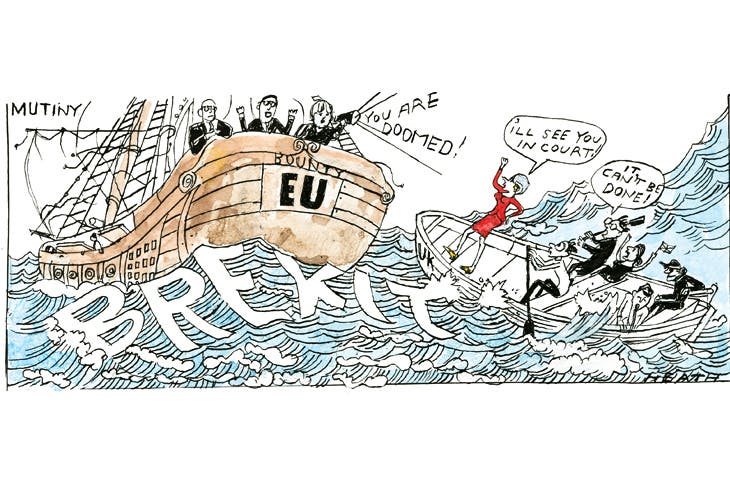
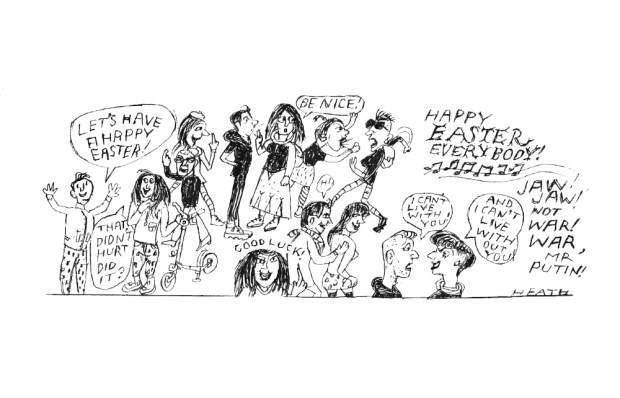
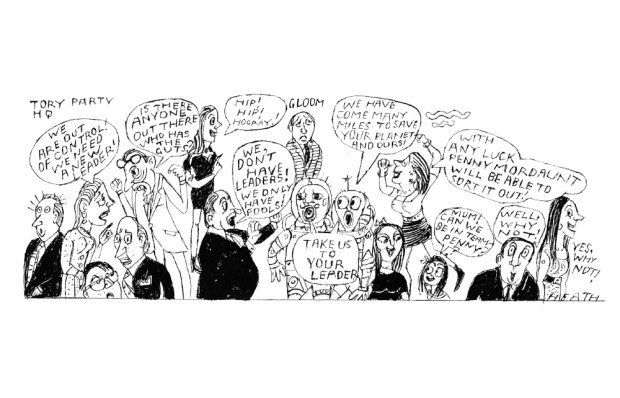

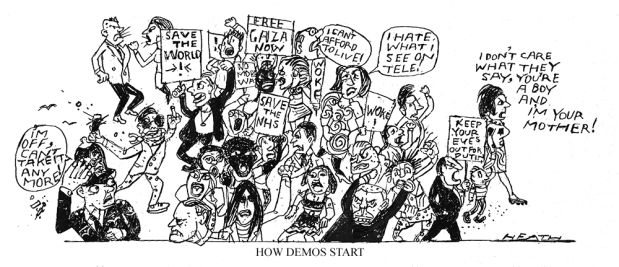
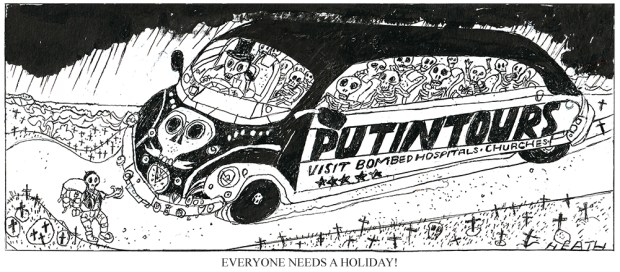
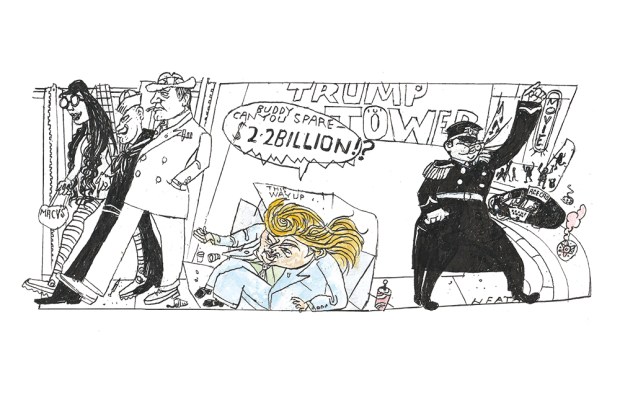

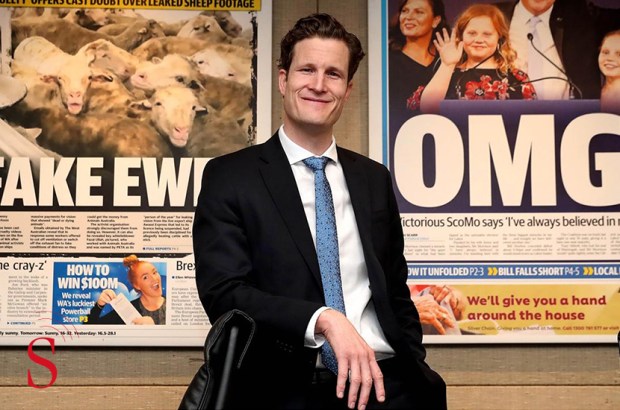
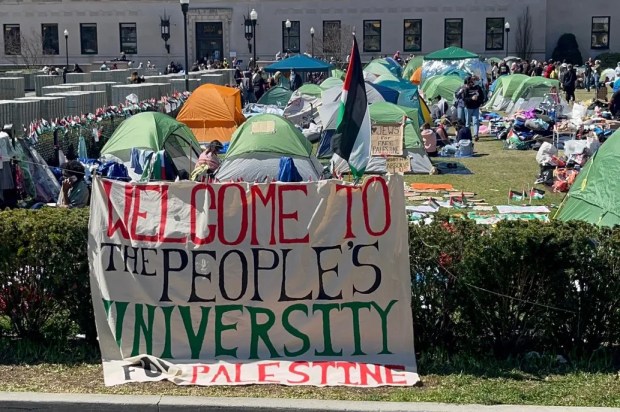

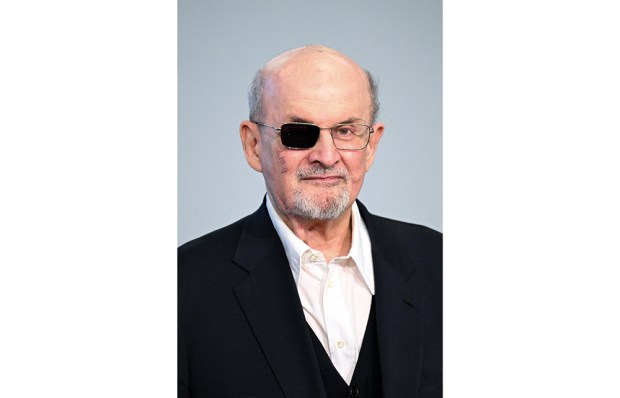

Comments
Don't miss out
Join the conversation with other Spectator Australia readers. Subscribe to leave a comment.
SUBSCRIBEAlready a subscriber? Log in